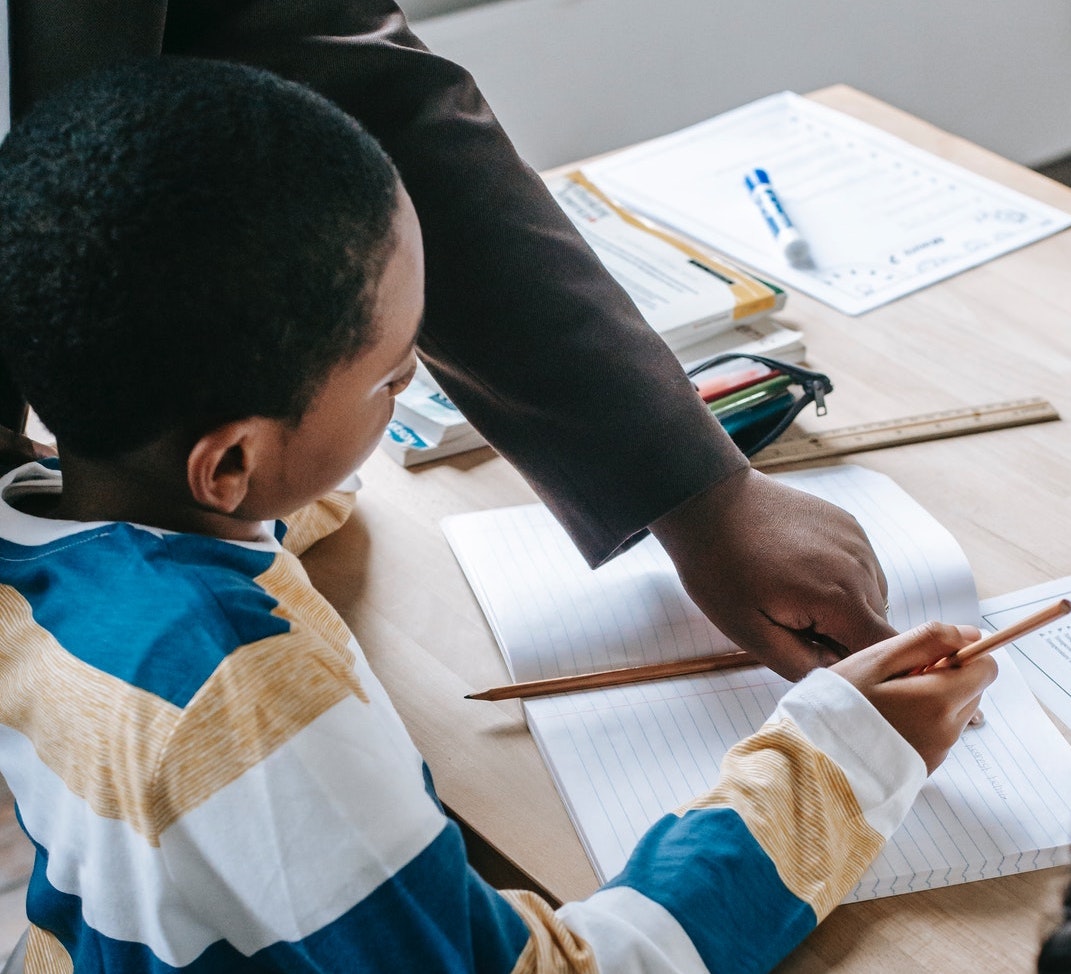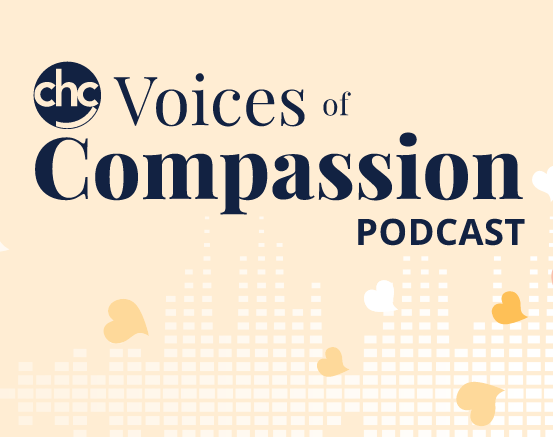Gifted and Dyslexic: Identifying and Instructing the Twice Exceptional Student [downloadable]
 As individuals, each of us has a unique combination of strengths and weaknesses. But sometimes we are exceptionally strong or weak in certain areas. In the school setting, students with exceptional strengths and weaknesses may have different instructional needs than other students. Twice exceptional or 2e is a term used to describe students who are both intellectually gifted (as determined by an accepted standardized assessment) and learning disabled, which includes students with dyslexia. Read more ›
As individuals, each of us has a unique combination of strengths and weaknesses. But sometimes we are exceptionally strong or weak in certain areas. In the school setting, students with exceptional strengths and weaknesses may have different instructional needs than other students. Twice exceptional or 2e is a term used to describe students who are both intellectually gifted (as determined by an accepted standardized assessment) and learning disabled, which includes students with dyslexia. Read more ›


 “Twice exceptional” (2e) is the term used to describe intellectually gifted children with great potential for academic achievement who also have a learning disability or neurological challenge, like attention deficit hyperactivity disorder (ADHD or ADD).
“Twice exceptional” (2e) is the term used to describe intellectually gifted children with great potential for academic achievement who also have a learning disability or neurological challenge, like attention deficit hyperactivity disorder (ADHD or ADD). 
 Personalized learning has, in recent years, become one of the most talked-about trends in education. Fueled by donations from Silicon Valley philanthropists, the instructional approach has spread to classrooms around the country and more than
Personalized learning has, in recent years, become one of the most talked-about trends in education. Fueled by donations from Silicon Valley philanthropists, the instructional approach has spread to classrooms around the country and more than 
 This year, schools may be offering social-emotional skills training to students with disabilities, such as autism, in separate virtual groups. However, if staff are spread thin, or students need additional opportunities to generalize skills, it may be useful to find ways to integrate social-emotional learning into other virtual encounters during the day.
This year, schools may be offering social-emotional skills training to students with disabilities, such as autism, in separate virtual groups. However, if staff are spread thin, or students need additional opportunities to generalize skills, it may be useful to find ways to integrate social-emotional learning into other virtual encounters during the day. 
 Distance learning is hard, even for kids without emotional or behavioral challenges. Not to mention the strain on parents working remotely while trying to support their child’s at-home education. We sat down with behavioral expert
Distance learning is hard, even for kids without emotional or behavioral challenges. Not to mention the strain on parents working remotely while trying to support their child’s at-home education. We sat down with behavioral expert 
 A lot of students are struggling with school this year, says Jackie Wernz, a school attorney at Franczek PC in Chicago.
A lot of students are struggling with school this year, says Jackie Wernz, a school attorney at Franczek PC in Chicago.
 Families across the country are grappling with how to respond when in-person learning doesn’t translate smoothly into virtual learning. With over
Families across the country are grappling with how to respond when in-person learning doesn’t translate smoothly into virtual learning. With over  Distance learning is a challenge for us all, especially those with learning and attention issues. In this Voices of Compassion podcast episode, we continue our conversation with CHC’s Chief Psychiatrist and Medical Director Dr. Glen Elliott to learn strategies to help kids with ADHD mitigate distractions and maximize the motivation to learn.
Distance learning is a challenge for us all, especially those with learning and attention issues. In this Voices of Compassion podcast episode, we continue our conversation with CHC’s Chief Psychiatrist and Medical Director Dr. Glen Elliott to learn strategies to help kids with ADHD mitigate distractions and maximize the motivation to learn. 
 As students return to in-person instruction, their parents may be concerned about the repercussions of the pandemic on their child’s learning. They may raise those concerns with their child’s pediatrician or other medical provider and arrive at your district with a prescription for an evaluation, specific services, or an IEP from the doctor.
As students return to in-person instruction, their parents may be concerned about the repercussions of the pandemic on their child’s learning. They may raise those concerns with their child’s pediatrician or other medical provider and arrive at your district with a prescription for an evaluation, specific services, or an IEP from the doctor. 

